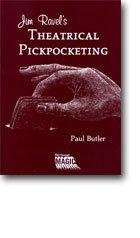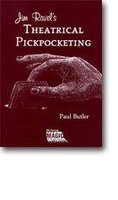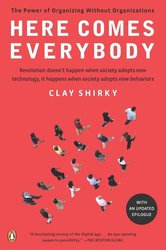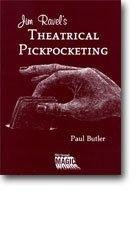Whether you perform magic close-up, in clubs or on stage, from the simplest card tricks to the largest illusions, the secrets in this book can increase your commerciality one hundredfold. Knowledge of even the simplest pickpocketing skills can change a good trick into a great trick or a working act into a featured act. If you are looking for audience response, you need look no further than the genuine shock on the face of an innocent volunteer learning that he has just been relieved of his valuables! "But, I'm a magician", you say. This book was written by a magician, for magicians. Jim Ravel (who spent half of his career as a magician and the other half as a stage pickpocket) knows both fields inside out. Like magic, pickpocketing requires certain skills, but there are also secrets that make seemingly impossible steals simple. Theatrical Pickpocketing contains the applied psychology, step-by-step moves, logical ideas and complete routines necessary to steal watches, wallets, belts, suspenders, cufflinks, neckties and shirts right off a spectator's back. So whether you want to change careers or simply add a couple of screamingly funny moments to your present act, Theatrical Pickpocketing is must reading for every working magician (or anyone who would like to be). Hardbound; 137 pages; over 80 illustrations.






